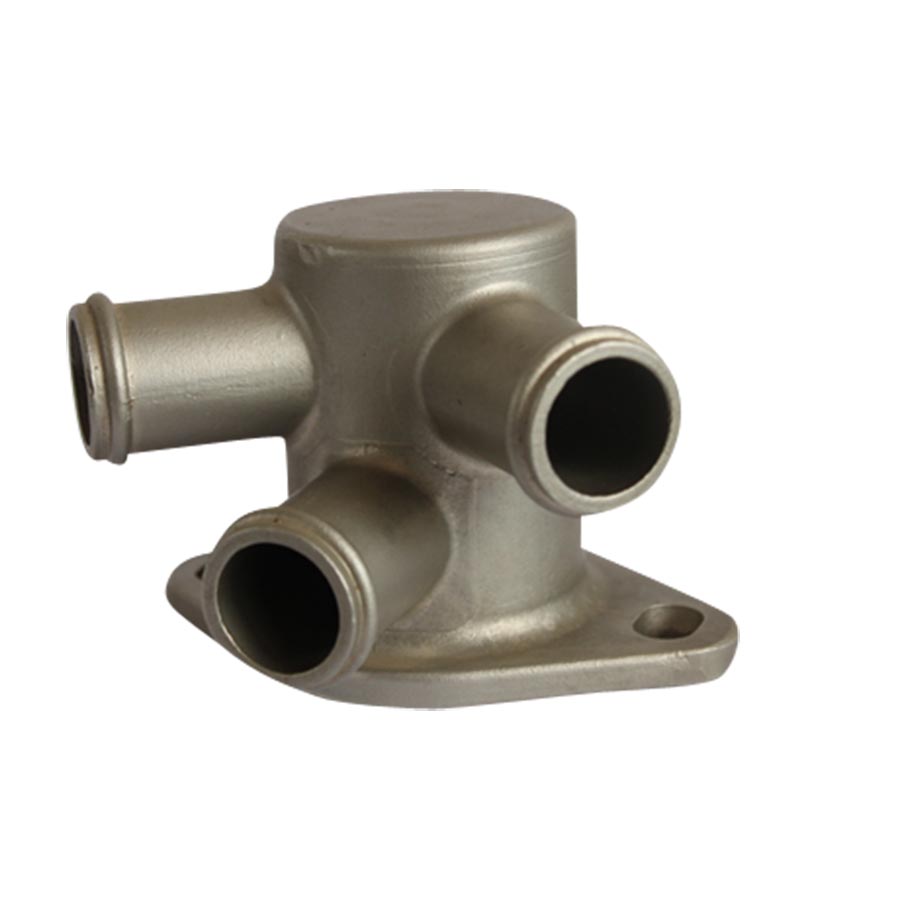
Cobalt Based Alloy Investment Casting
Metals: Cobalt Base Alloy Manufacturing Process: Investment Casting + CNC Machining Application: Oil and Chemical Supply Equipment Weight: 5.60 kg Available Heat Treatment: High Temperature Solid Solution
Cobalt-based alloy is a hard alloy that can withstand various types of wear, corrosion and high temperature oxidation.
Cobalt Based Super Alloy Investment Casting
Different from other superalloys, cobalt-based superalloys are not strengthened by an ordered precipitation phase firmly bonded to the matrix, but are composed of an austenite fcc matrix that has been solid solution strengthened and a small amount of carbides distributed in the matrix.
Casting cobalt-based superalloys relies heavily on carbide strengthening. Pure cobalt crystals have a hexagonal close packed (hcp) crystal structure below 417°C, which transforms to fcc at higher temperatures. In order to avoid this transformation during use of cobalt-based superalloys, practically all cobalt-based alloys are alloyed with nickel in order to stabilize the structure from room temperature to melting point temperature. Cobalt-based alloys have a flat fracture stress-temperature relationship, but show superior thermal corrosion resistance at temperatures above 1000°C than other high temperatures.
Common Grades of Cobalt-based Alloys
The typical grades of common cobalt-based high temperature alloys are: 2.4778 (according to DIN EN 10295), Hayness 188, Haynes 25 (L-605), Alloy S-816, UMCo-50, MP-159, FSX-414, X-40, Stellite 6B, Grade 31, etc. , Chinese brands are: GH5188 (GH188), GH159, GH605, K640, DZ40M and so on.
Applications of Cobalt-based Alloy Castings
Generally, cobalt-based superalloys lack coherent strengthening phases. Although the strength at medium temperature is low (only 50-75% of nickel-based alloys), they have higher strength, good thermal fatigue resistance, abrasion resistance, better weldabilityand thermal corrosion resistance above temperature of 980°C. Therefore, cobalt-based alloy castings are mainly suitable for making guide vanes and nozzle guide vanes for aviation jet engines, industrial gas turbines, naval gas turbines, and diesel engine nozzles, etc.
 русский
русский



